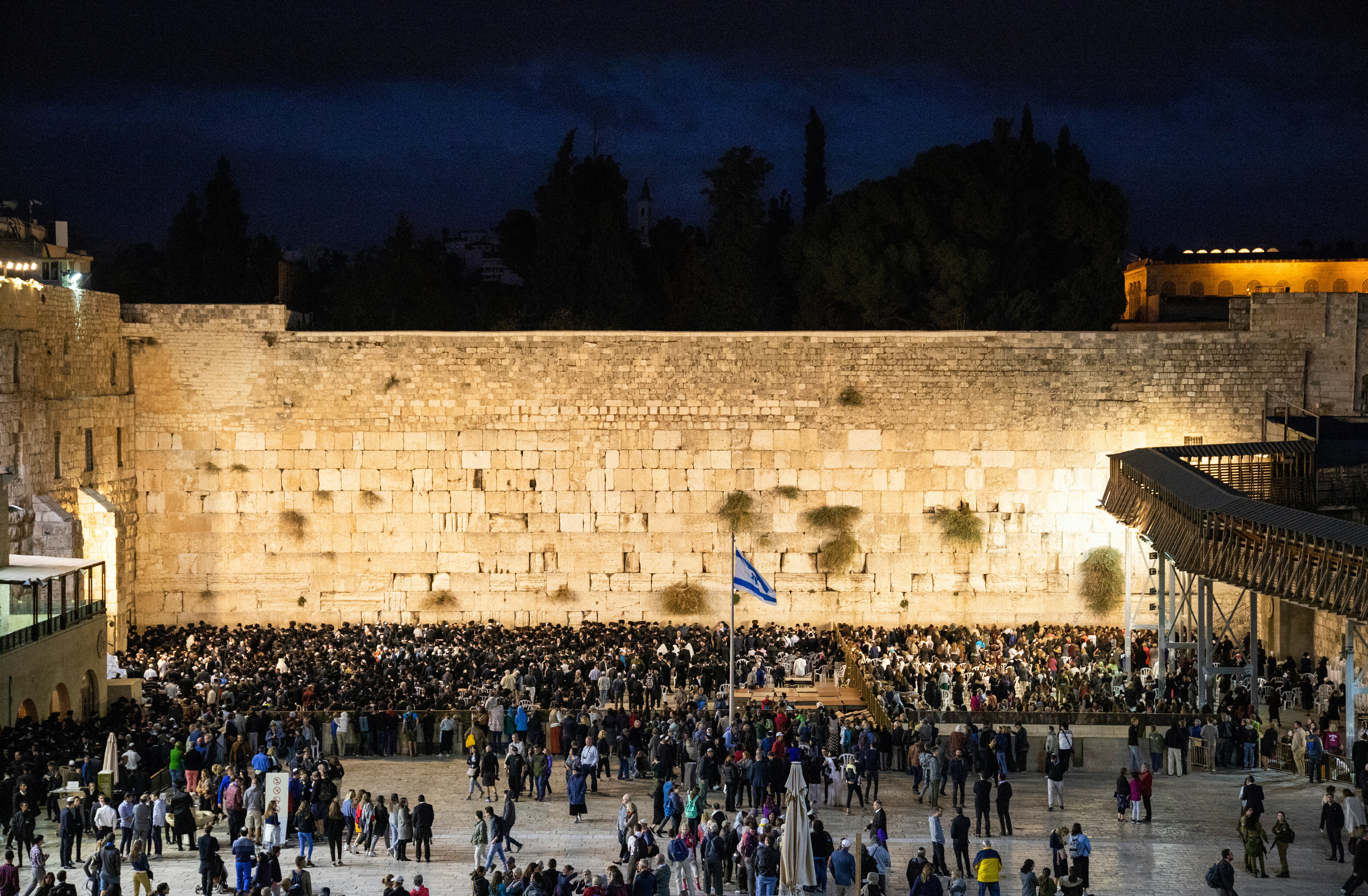The situation in Lebanon has reached a critical point as Western nations, including the United States, United Kingdom, France, and Germany, have issued urgent travel advisories urging their citizens to leave the country immediately. This comes in the wake of escalating tensions between Hezbollah and Israel, following a deadly rocket attack on the Golan Heights that resulted in the deaths of 12 individuals, most of whom were children.
David Lammy, the British Foreign Secretary, remarked, "The situation is evolving quickly. British citizens should exit Lebanon and avoid any travel to the region." The UK Foreign Office emphasized that developments could escalate with minimal notice, potentially leading to significant disruptions in commercial travel out of Lebanon. They warned, "Do not count on the Commonwealth Development Office being able to assist in an emergency evacuation".
The US Embassy in Beirut echoed similar concerns. Rena Bitter, the Assistant Secretary for Consular Affairs, utilized a video message on X to urge Americans in Lebanon to "formulate a crisis response plan and depart before a full-blown crisis erupts". The embassy advised its citizens to monitor their flight status closely as changes could occur with little notice and to make alternate plans if necessary. US citizens were also encouraged to enroll in the Smart Traveler Enrollment Program to receive updates and facilitate location tracking in emergencies.
France and Germany have also updated their travel advisories. France condemned the attack on Majdal Shams in the Israeli-occupied Golan Heights and reiterated its advice for French nationals to avoid travel to Lebanon, Israel, or the Palestinian Territories. Germany, meanwhile, urged its citizens to leave Lebanon immediately, with Lufthansa suspending flights to Beirut until at least Tuesday.
The urgency of these advisories is underscored by the volatile security situation in Lebanon. The Israeli army has presented the government with scenarios for a possible attack on Hezbollah following the rocket strike. Israel has blamed Hezbollah for the attack, although the group has denied responsibility. In response, Hezbollah has evacuated some key sites in southern Lebanon and the eastern Bekaa Valley, anticipating potential Israeli airstrikes.
Diplomatic efforts are in full swing to prevent a widespread conflict. US diplomats are engaged in high-stakes negotiations to limit Israel's retaliatory actions, advising against strikes on heavily populated areas like Beirut. Elias Bou Saab, Lebanon's Deputy Parliament Speaker, informed Reuters that Israel could mitigate the risk of significant escalation by avoiding civilian areas, particularly the capital and its surroundings. "If they steer clear of civilians and refrain from targeting Beirut and its suburbs, their response could be well-calibrated," he stated.
Lebanese Foreign Minister Abdallah Bou Habib noted that the surge in diplomatic engagements aims to manage the expected Israeli response, although he anticipates an attack. "Israel will escalate in a controlled manner, and Hezbollah will reply in a measured way... These are the assurances we've received," Bou Habib shared in an interview with a local broadcaster.
The international community has also weighed in, urging restraint on all sides. The United Nations condemned the targeting of civilians and called for their protection at all times. "We urge the parties to exercise maximum restraint and to put a stop to the ongoing intensified exchanges of fire. It could ignite a wider conflagration that would engulf the entire region in a catastrophe beyond belief," UN Special Coordinator for Lebanon Jeanine Hennis-Plasschaert and UNIFIL Head of Mission and Force Commander Gen. Aroldo Lázaro said in a joint statement.
As the situation remains tense, Western citizens in Lebanon are advised to heed the travel warnings and leave the country while commercial flights are still available. The security environment in Lebanon is complex and rapidly changing, and the potential for a broader conflict looms large.















